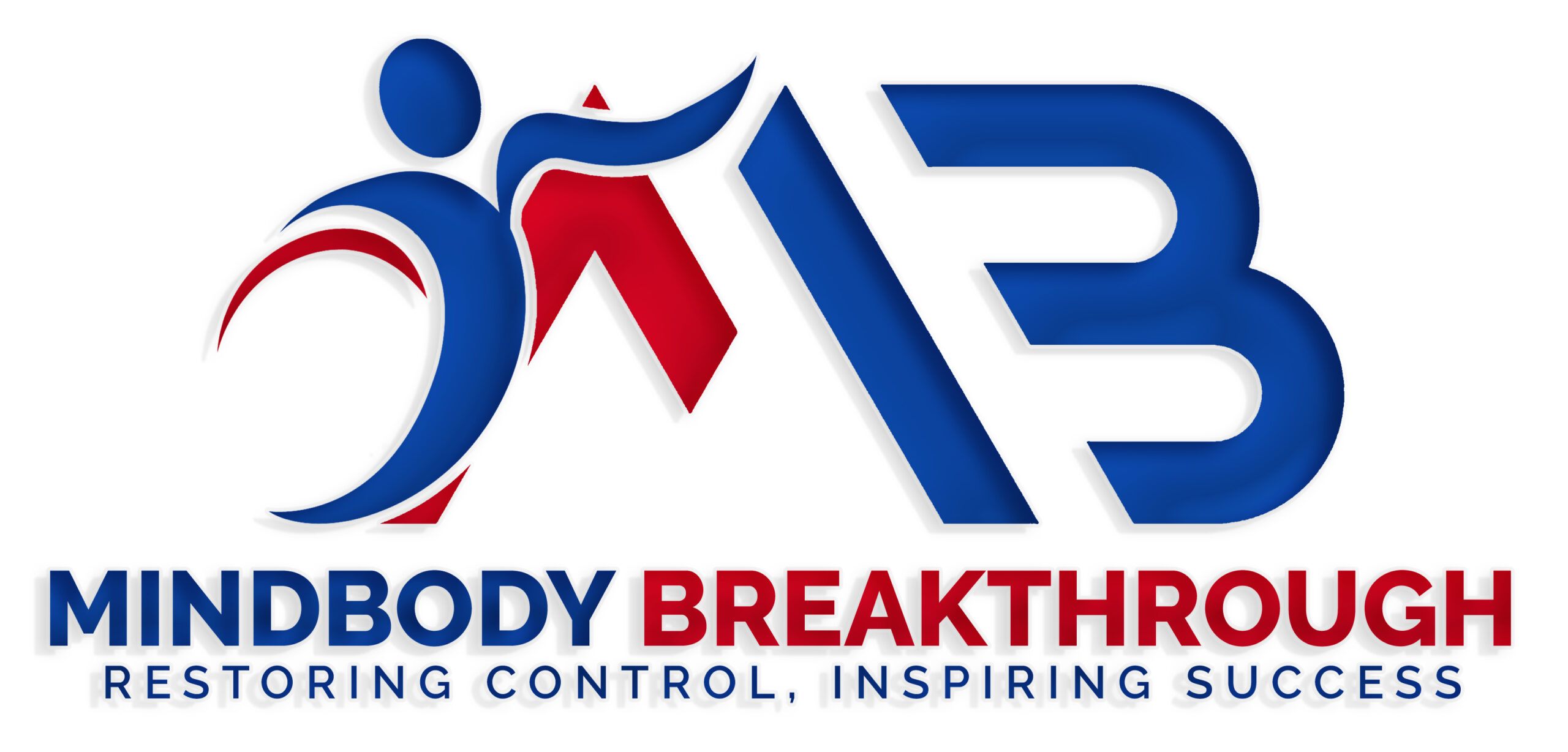7 Steps to Overcome Your Bad Feelings
 We are all creatures of relationship. And as such, we pick up different kinds of feelings as we interact with others. Some are bad feelings while others are good. But what happens when we develop a bad feeling concerning someone or something? How do we handle the left-behind uneasiness and the agitation? How do we minimize the pain and maximize our pleasure of being connected to others?
We are all creatures of relationship. And as such, we pick up different kinds of feelings as we interact with others. Some are bad feelings while others are good. But what happens when we develop a bad feeling concerning someone or something? How do we handle the left-behind uneasiness and the agitation? How do we minimize the pain and maximize our pleasure of being connected to others?
Below are seven easy steps to assist you in regaining your peace and calm.
- Identify what exactly the problem is. Sometimes, the main cause of your anxiety or low mood might not be obvious. So, take the time to get to the root of the matter. Why do you feel the way for feel? It is important that you know why you feel bad, disappointed or depressed. If there are more than one reasons. Pick out the most pressing one in your mind. And write it down on a piece of paper.
- Identify what you did personally that might have contributed to the problem. Do not start pointing out what other people did that hurts you. Only focus on how you contributed to your own problem. Think about what you could have done differently. This is important so that you can learn from your mistakes. Self-awareness is a powerful healing virtue.
- Accept that you have been hurt. Many people still deny they are hurting even though it is obvious that they really are hurting. The first step to recovery is to accept that you are been hurt. Feel the feelings. Visit the place of pain in your emotions. It is impossible to leave a place, where you have not been. In order to walk away from a place of pain, you will have to, first of all, be there. It is OK to express your emotions. Emotion is simply energy in motion (e-motion). If you do not express it, it gets trapped within you, messes up your nervous system, weakens your immune system and makes you feel sick and miserable.
- Take time to grieve. It is also fine to take time to grieve. There is a grieving process for every crisis. Some are long. Some are short. But all are important. Even if it is a little betrayal from a friend, or a disappointing performance at the sport day, or little criticism from your teacher, boss or parent, take your time to feel the grief. It is healthy to do so. Denial is very dangerous to your emotional health. The only thing you should watch out for is this: Do not grieve over a crisis more than necessary. Do not mourn for a week over a crisis that should have taken you a day to get over. Always try to improve and better your recovery rate. See if you can recover faster next time you encounter a similar emotional challenge.
- Identify at least three steps only you can take to improve the situation. Make a list of three things only you can do to improve the situation or resolve the problem. Think. Think. And think. Amazing things happen if only you will take time to think. Come up with at least there solutions to your problem which all depends totally on you.
- Pick out one thing you can start doing immediately. What is the step from the above three steps that you can do now, which will start up your journey to resolving or alleviating your suffering?
- Take action now. After you have identified the first step to take, then take action immediately. Do not wait for anything or anybody. If you have decided to make a call, call that person right away. If it is a letter, write the letter and get it posted. Maybe you have chosen apology, then apologise. If you have selected telling the truth, then tell the truth fast. Whatever you resolve to do first, do it straightaway. Immediate action is very important for you to move yourself from being a victim to being a victor.
When you choose to take personal responsibility to be practical and solution-oriented in dealing with any crisis in your life, you will certainly arrive on top and in control. As a result, you will protect your motivation, enthusiasm, hope and your resilience – which are crucial to overcoming the inevitable obstacles that will come your way as you journey to maximize your potential and fulfil your purpose in life.
For anxiety attacks, panic attacks, OCD, social anxiety, stress, depression or any other anxiety disorders, you may download my FREE ebook: The Essential Guide To Anxiety Panic Recovery here.
Regards
Wale
P.S. If you’ve enjoyed this post, would you please share it and also hit the “Like” button? Thanks heap and heaps!!
[social_sharing style=”style-21″ fb_like_url=”http://mindbodyrecovery.co.uk/?p=249″ fb_color=”dark” fb_lang=”en_GB” fb_text=”like” fb_button_text=”Share” tw_lang=”en” tw_button_text=”Share” g_lang=”en-GB” g_button_text=”Share” alignment=”center”]







Add comment